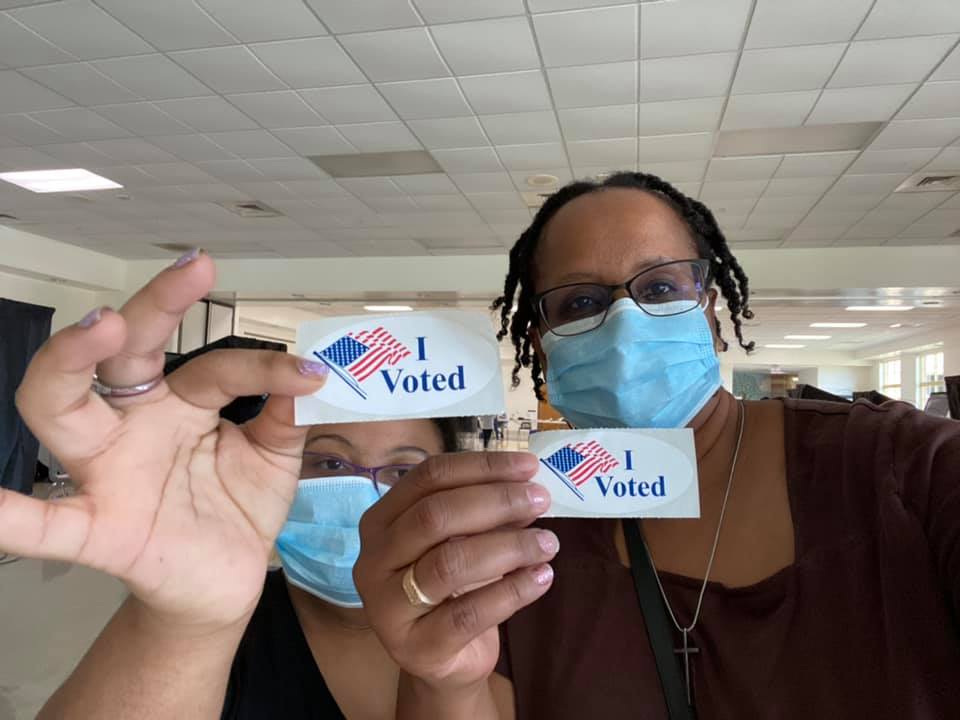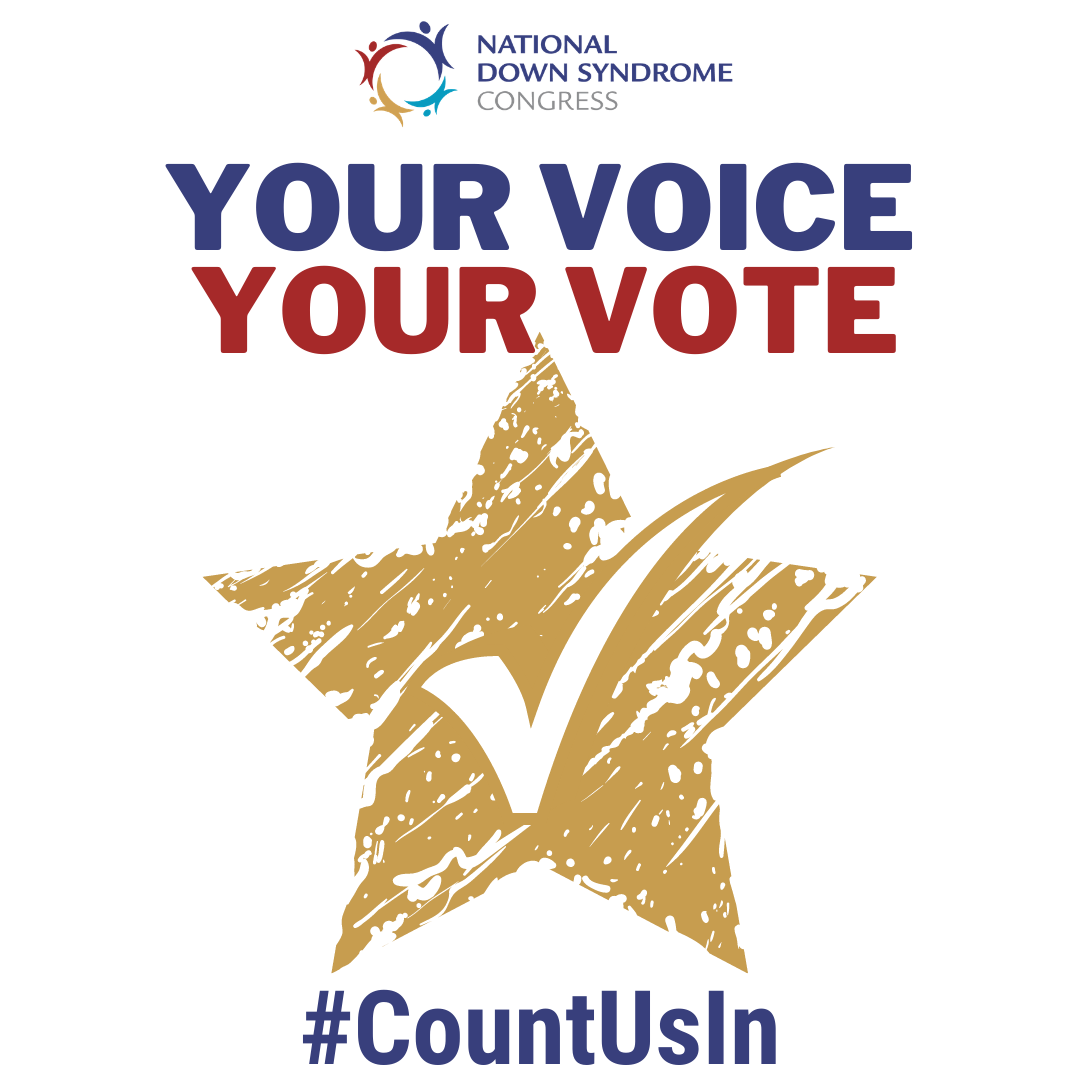Policy & Advocacy Newsline ~ August 2020
Next COVID-19 Relief Package Stalled
Congressional negotiations on the next major COVID-19 relief package have stalled, and we do not expect them to resume until September. Senate Republicans have just released a new “skinny” COVID-19 relief proposal, the Delivering Immediate Relief to America’s Families, Schools and Small Businesses Act, which fails to address the disability community’s most urgent priorities. Our colleagues at the Center for Public Representation have put together a summary of this latest Republican proposal. Not only were disability priorities left out, but we are particularly concerned about language in the two Republican proposals that would grant immunity for significant harm related to COVID-19 to any business, non-profit, school or medical provider in nearly all circumstances. This liability shield will threaten the safety of people with disabilities in congregate settings, make it easier for businesses to escape liability for discrimination and safety violations in the workplace, and allow businesses to refuse to accommodate disabled people.
In May, the House had passed its 4th COVID-19 Relief Package in May, the Health and Economic Recovery Omnibus Emergency Solutions (HEROES) Act (H.R.6800), which contained many positive provisions for people with disabilities. In late July, the Senate proposed its own COVID-19 relief package known as the Health, Economic Assistance, Liability Protection, and Schools (HEALS) Act. The HEALS Act contains some positive provisions for people disabilities but is wholly insufficient to meet our needs during this pandemic. For comparison of how disability priorities are addressed in the HEROES Act, HEALS Act and the latest “skinny” proposal, see here.
Thank you for contacting your Senators earlier this month through our Action Alert to request dedicated funding for Medicaid Home and Community-Based Services (HCBS) in the next COVID-19 relief bill. We heard from both Democratic and Republican Hill staff that your advocacy was widespread and effective – and we are hopeful that funding for HCBS is now one of the issues that will be discussed when negotiations resume, though we are disappointed that it was not included in the latest “skinny” proposal. Unfortunately, there is also still an urgent need for increased education funding, including funding specifically earmarked for Individuals with Disabilities Education Act (IDEA) implementation. It is important to keep calling and emailing Congress about these important priorities.
Executive Actions to Address Pandemic
With Congressional negotiations stalled, President Trump issued executive actions including suspending payroll tax collection, preventing evictions, continued student loan deferrals through at least the end of the year, and providing for partially reviving expanded unemployment insurance all of which have the potential to impact workers and students with Down syndrome. Legal scholars have questioned whether or not presidents have the legal authority to take such actions without Congressional approval, and a court challenge is expected.
NDSC in the News
In a recent interview with the Washington Post, NDSC Senior Policy Advisor, Stephanie Smith Lee, points out the legal differences for students with disabilities in various types of out-of-school learning environments (distance, home school, homebound, home instruction and hybrid). She also encourages parents to educate themselves as to how each of the different settings will impact their child’s IDEA legal protections before making a decision.
NDSC Voting Campaign, Your Vote-Your Voice #CountUsIn
Voting is so important! It is your chance to ensure that your voice is heard and how you take part in choosing the people that will run our government. Our government makes laws, decides how money is spent, and much more. Who is elected to run the government could make a big difference for people with disabilities and their families.
Do you know how to vote? Did you know guardianship can affect your voting eligibility? Are you aware of the process and deadlines involved for mail-in voting or absentee ballots? Do you know who the candidates are in your state, and what their viewpoints are? Let us help answer all your questions and more!
We are excited to announce the NDSC Your Vote-Your Voice Voter Campaign. We have added a NEW NDSC Voter Resource Library to our website, where you can find the resources you need. We will also be launching a social media campaign, where over the coming months, we will answer your questions, will feature self-advocates and guest bloggers, and will share helpful videos and information. We will help you stay informed about state registration deadlines, share voting facts, election information, everything you need to know to cast your vote.
WEBINAR ANNOUNCEMENT: “Your Voice, Your Vote – What to Know Before You Cast Your Ballot” Join NDSC’s Policy & Advocacy Team as they breakdown the November elections and help you make informed decisions. REGISTER NOW


NDSC Submits Comments to U.S. Department of Education to Improve IDEA Monitoring
On August 5, 2020, NDSC submitted comments to the U.S. Department of Education (ED) on the proposed revisions to State Performance Plans (SPPs) and Annual Performance Reports (APRs). The indicators in SPPs and APRs are critically important because they describe the data that ED monitors in determining whether the state is properly implementing IDEA. The NDSC comments focus on Least Restrictive Environment (LRE) and Competitive Integrated Employment (CIE). These comments are a follow-up to those we submitted in April and address ED’s response to our previous comments.
NDSC Signed on to Coalition Letters about National Civil Rights Data Collection (CRDC)
The CRDC is a critical part of the Office of Civil Rights’ overall enforcement and monitoring strategy to ensure that recipients of the U.S. Department of Education’s (ED’s) federal financial assistance do not discriminate based on disability and other factors. NDSC signed on to a letter to ED from the Consortium for Citizens with Disabilities (CCD) and another letter from the Leadership Conference on Civil and Human Rights (LCCHR) recommending changes to the data collection, including some that are important in light of the COVID-19 pandemic.
School Reopening Resources
Here are a few school reopening resources from NDSC and other national organizations:
- NDSC webinars and document on school during COVID-19
- TIES Center distance Learning Series
- National Association of State Directors of Special Education (NASDSE) issue briefs on school reopening, including one on Least Restrictive Environment implementation
- Council of Parent Attorneys and Advocates (COPAA) Recommendations on Students with Disabilities and School Reopening
- National Disability Rights Network School (NDRN) Reopening Principles and FAQs
- TASH Facebook group Distance Learning for Special Education
- National PLACE(Center for Parent Leadership, Advocacy and Community Empowerment) guide regarding parent role in back to school decision-making
- RespectAbility Virtual Education guide
